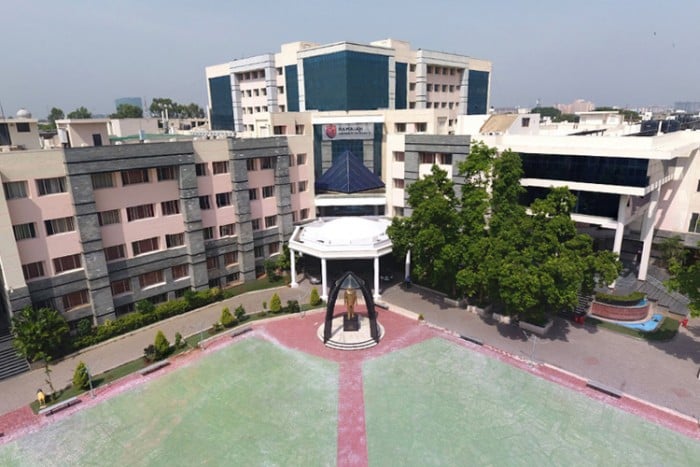In the ever-evolving landscape of technology, computer systems stand as the bedrock upon which our digital world is built. From personal laptops to massive server farms, these systems play a pivotal role in enabling the functionalities we often take for granted. However, with the increasing complexity of applications and the ever-looming specter of cyber threats, the need for robust, efficient, and secure computer mttimes.us systems has never been more pressing.
Table of Contents
The Evolution of Computer Systems:
Computer systems have come a long way since the days of room-sized mainframes. Today, we witness the proliferation of diverse architectures catering to various needs, from high-performance computing to embedded systems in IoT devices. This evolution has been fueled by advancements in hardware technologies, such as the rise of multicore processors, solid-state drives (SSDs), and specialized accelerators like GPUs and TPUs.
Moreover, software paradigms have undergone significant shifts, with the emergence of cloud computing, containerization, and virtualization reshaping how we deploy and manage computing resources. These trends have ushered in an era of unprecedented scalability and flexibility, enabling businesses to adapt to dynamic market demands with agility.
Performance Optimization:
Performance optimization lies at the heart of modern computer systems, driving advancements in hardware design, software engineering, and system architecture. Multicore processors, for instance, allow for parallel execution of tasks, harnessing concurrency to boost computational throughput. However, extracting maximum performance from such architectures requires sophisticated parallel programming techniques and efficient resource management.
Furthermore, the growing demand for real-time processing and low-latency communication necessitates optimizations at every layer of the system stack, from the kernel-level schedulers to the application-level algorithms. Techniques like caching, prefetching, and pipelining help minimize latency and maximize throughput, ensuring responsive and scalable performance across diverse workloads.
Security Challenges:
As computer systems become increasingly interconnected, the threat landscape expands proportionally. Cyber attacks ranging from malware infections to sophisticated phishing schemes pose grave risks to both individual users and organizations. Moreover, the proliferation of IoT devices introduces new vectors for exploitation, amplifying the potential impact of security breaches.
To mitigate these risks, modern computer systems employ a multi-layered approach to security, encompassing hardware-level protections, secure boot mechanisms, cryptographic protocols, and intrusion detection systems. Additionally, the adoption of security-by-design principles ensures that security considerations are integrated into every stage of the system development lifecycle, from design and implementation to deployment and maintenance.
Future Directions:
Looking ahead, the trajectory of computer systems points towards even greater levels of performance, scalability, and security. Advancements in areas such as quantum computing, neuromorphic engineering, and homomorphic encryption promise to revolutionize the way we compute, enabling applications that were once deemed infeasible.
Furthermore, the advent of edge computing and fog computing paradigms brings computing resources closer to the data source, reducing latency and enhancing privacy in distributed systems. This shift towards decentralized architectures opens up new avenues for innovation, empowering edge devices to perform complex computations autonomously while leveraging cloud resources for scalability and data analytics.
In conclusion, the pursuit of excellence in computer systems entails a relentless quest for performance optimization and security fortification. By embracing emerging technologies and best practices, we can build systems that not only meet the demands of today but also lay the groundwork for a more efficient, resilient, and secure digital future.





_3-6.jpg)




